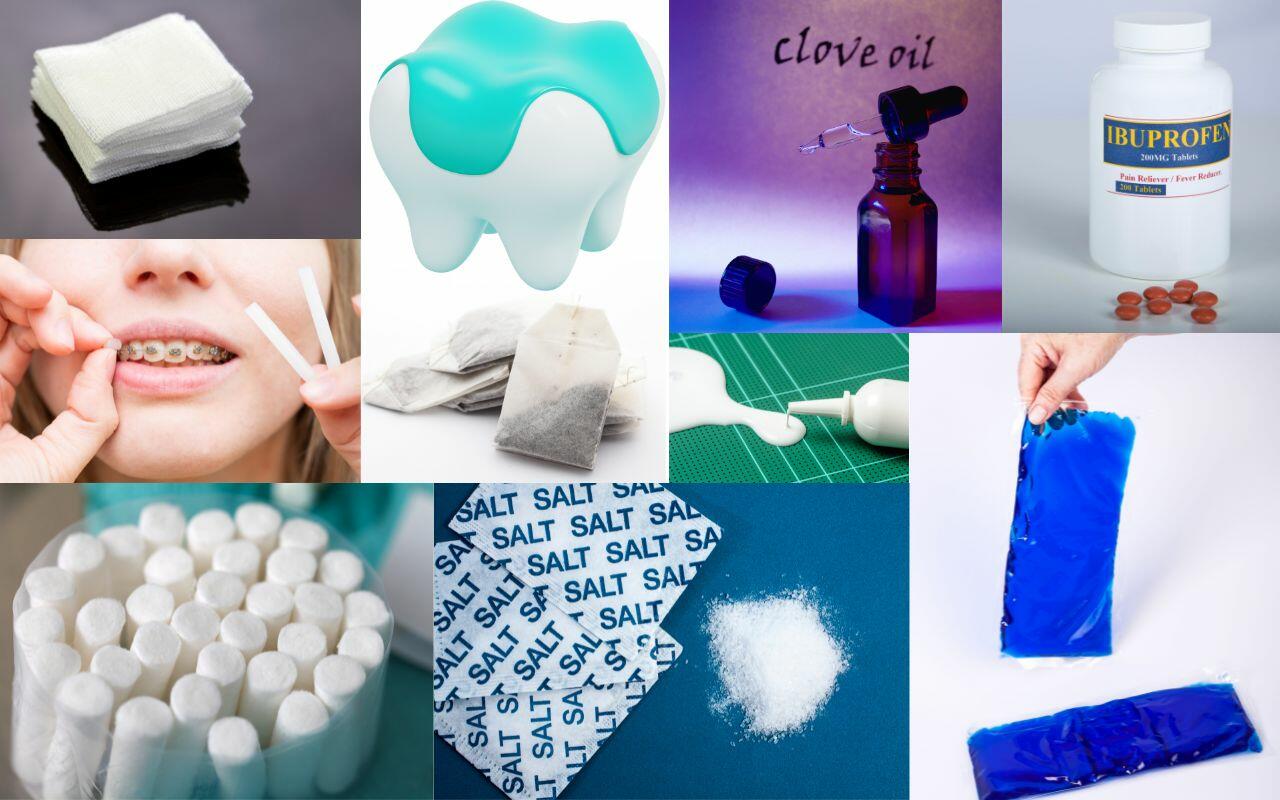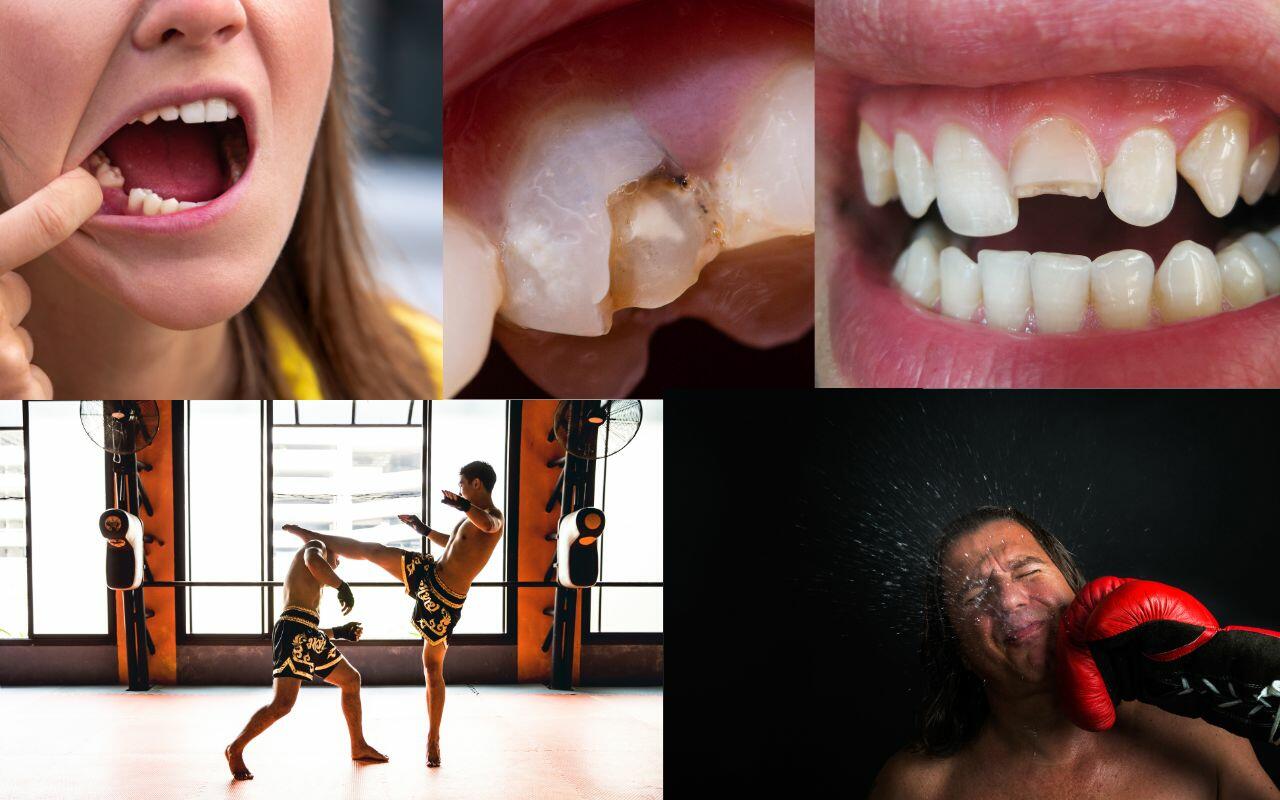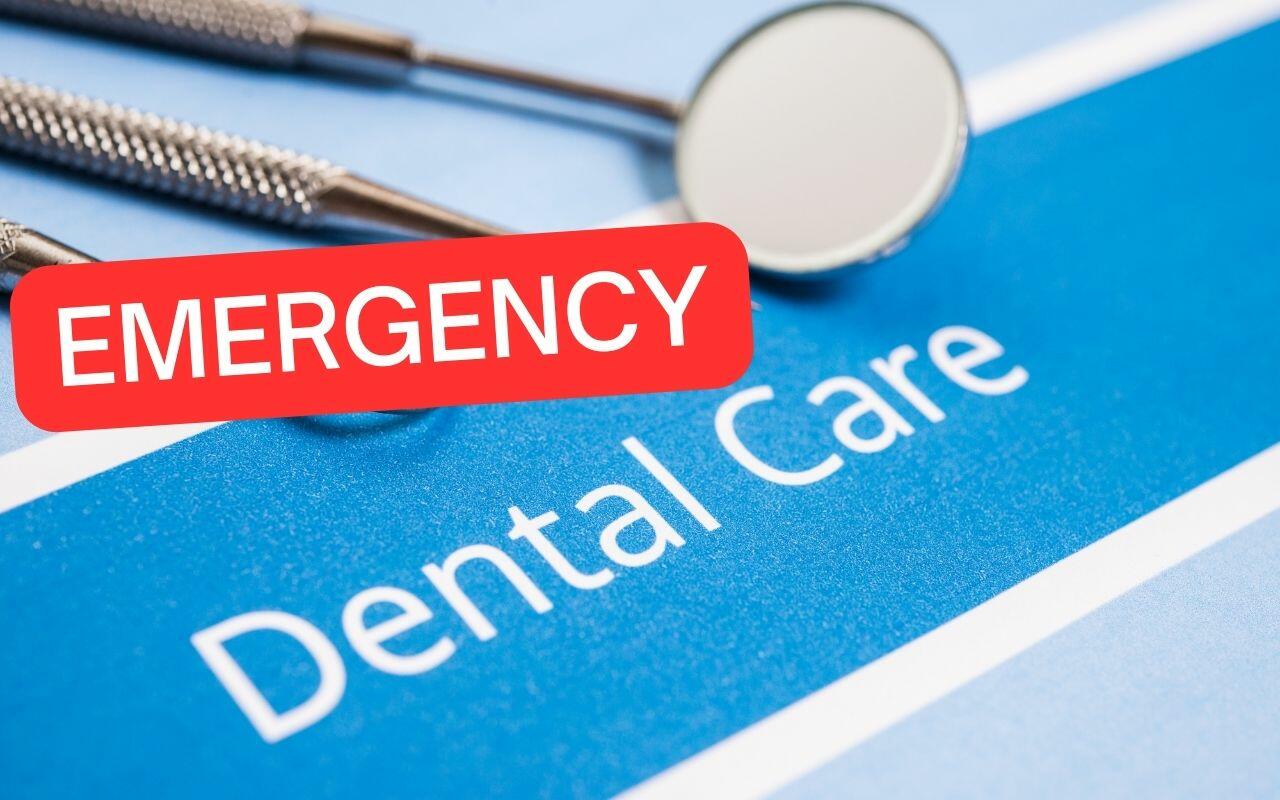Dental injuries are just as common as other types of sports injuries. However, sports centres and venues often don’t keep emergency first aid dental items on hand to deal with dental trauma. Dental first aid in sports is important as dental injuries can present complications and should be assessed as soon as possible. With a dental emergency kit, you can help keep the injured person comfortable and increase the odds of having a positive outcome. If you operate a sports facility, you can help prevent tooth loss by keeping the following items stocked in your dental first aid kit.
Emergency First Aid Dental Items To Have On Hand At Any Sports Centre

- Pain Relief: Clove oil is a natural pain reliever that relieves tooth trauma pain. It can be applied directly to the painful area until the patient is assessed at a dental office. You can also keep an assortment of common over-the-counter pain relief medications on hand, such as ibuprofen and acetaminophen. However, never give Aspirin to an athlete with tooth trauma, as it can stop the clotting process.
- Gauze pads: Biting down on gauze pads helps stop bleeding from mouth injuries. It also helps relieve the pressure and irritation in the area if the tooth is lost.
- Cotton pellets: These are the same cotton “rolls” dentists use to reduce the saliva in the mouth when working on your teeth. They work well to minimize irritation for people with braces. You can place the pellet between the braces and cheek to keep the person comfortable.
- Tea bags: If you don’t have gauze or cotton pellets to help with bleeding, moistened tea bags do the trick.
- Dental wax: This is a lifesaver to prevent a cracked tooth from cutting soft tissue inside the cheek or tongue. It is also suitable for holding broken orthodontic brackets or wires in place.
- “Save A Tooth” System. If a tooth is knocked out, the save-a-tooth system preserves the tooth so that it can be re-implanted at an emergency dental office.
- Denture adhesive paste: Adhesive paste is perfect for temporary denture repair or holding crowns or bridges in place.
- Temporary fillings and dental spatula: This material can be placed in the cavity left behind if someone has a filling knocked out. The temporary filling is applied with the spatula.
- Instant ice packs: Ice packs help reduce swelling and can be held to the mouth or face at the site of the dental injury.
- Salt packets: Rinsing with salt water helps clear out oral wounds.
Dental first aid kits in sports arenas allow you to take action quickly to help save injured and damaged teeth. As soon as the injury happens, try to determine what type of injury has occurred. For example, serious cuts to the mouth may require stitches, while tooth loss or damage requires immediate dental attention. You can use this chart to determine what steps you need to take when a dental injury occurs.
Understanding Dental Emergency In Sports

Common dental sports injuries include:
- Chipped or broken teeth: Broken or chipped teeth can almost always be saved using various dental restorative treatments. Although a tooth with a severe chip or break might present challenges that require extraction, in most cases a series of treatments, such as a root canal and crown placement, will maintain the root integrity and save the tooth.
- Cracked tooth: A cracked tooth can be quite painful as it often impacts the tooth at the root. Although the tooth is still intact, the damage requires immediate attention if you want to save the tooth.
- Tooth luxation: Tooth trauma can damage the tissues, ligaments, and bone holding the tooth in place, causing the tooth to become loose, angled, or come out of the socket. If possible, the person can try to ease their tooth back into place before proceeding to the dentist.
- Fractured roots: Impact on the jaw can fracture the actual tooth root. This differs from a crack in the tooth itself as the damage is below the gum line, making it harder to spot. However, if the person feels pain along the jawline, it is important to have the injury checked ASAP. A fractured root can rapidly lead to infection, pain, and tooth loss.
- Tooth Intrusion: Tooth intrusion is caused by blunt force that pushes a tooth back into the jawbone. If the person feels pain, but the tooth doesn’t appear damaged, check to see if the tooth appears lower than the other teeth. If it does, it should be checked immediately, as intrusion can damage the roots and tooth pulp. It can also cause “Ankylosis,” where the root blends with the alveolar bone along the jawline.
- Avulsed teeth: An avulsed tooth is basically a knocked-out tooth dislocated from the socket. In this case, finding the tooth is the top priority. If a dentist can reinsert the tooth or reimplant it within a few hours, the tooth can likely be saved.
When To Seek Emergency Dental Care

Any of the above injuries should be assessed by a dentist immediately. The longer the injured person waits, the more likely they will experience complications or tooth loss. As mentioned, locating knocked-out teeth and transporting them in your save-a-tooth kit is essential. If you don’t have a kit, place the tooth in a cup of cold water or milk. If the accident also causes physical injury, it is best to proceed to your local emergency room for an overall assessment.
How To Prevent Dental Sports Injuries

Mouthguards are the best protection against dental sports injuries. They are customized to fit over the top teeth to prevent oral injuries during physical activity. Mouthguards are essential when playing high-contact sports involving blows to the face and head. However, they are also recommended for all sports activities, especially for children. In addition, people with bridges, crowns, or braces should wear mouthguards when enjoying sports and physical activity to prevent damage to their expensive appliances.
The benefits of mouthguards include:
- Preventing broken, cracked, or chipped teeth
- Preventing tooth loss
- Protection of dental work and fixed appliances
- Reduced risk of concussion
Keeping a dental emergency kit handy at your sports facility will help keep injured athletes comfortable and increase the odds of saving their teeth.
If you would like more information about mouthguards or are interested in visiting our dental clinic, call today at 905-775-5307 or click here to request an appointment.
